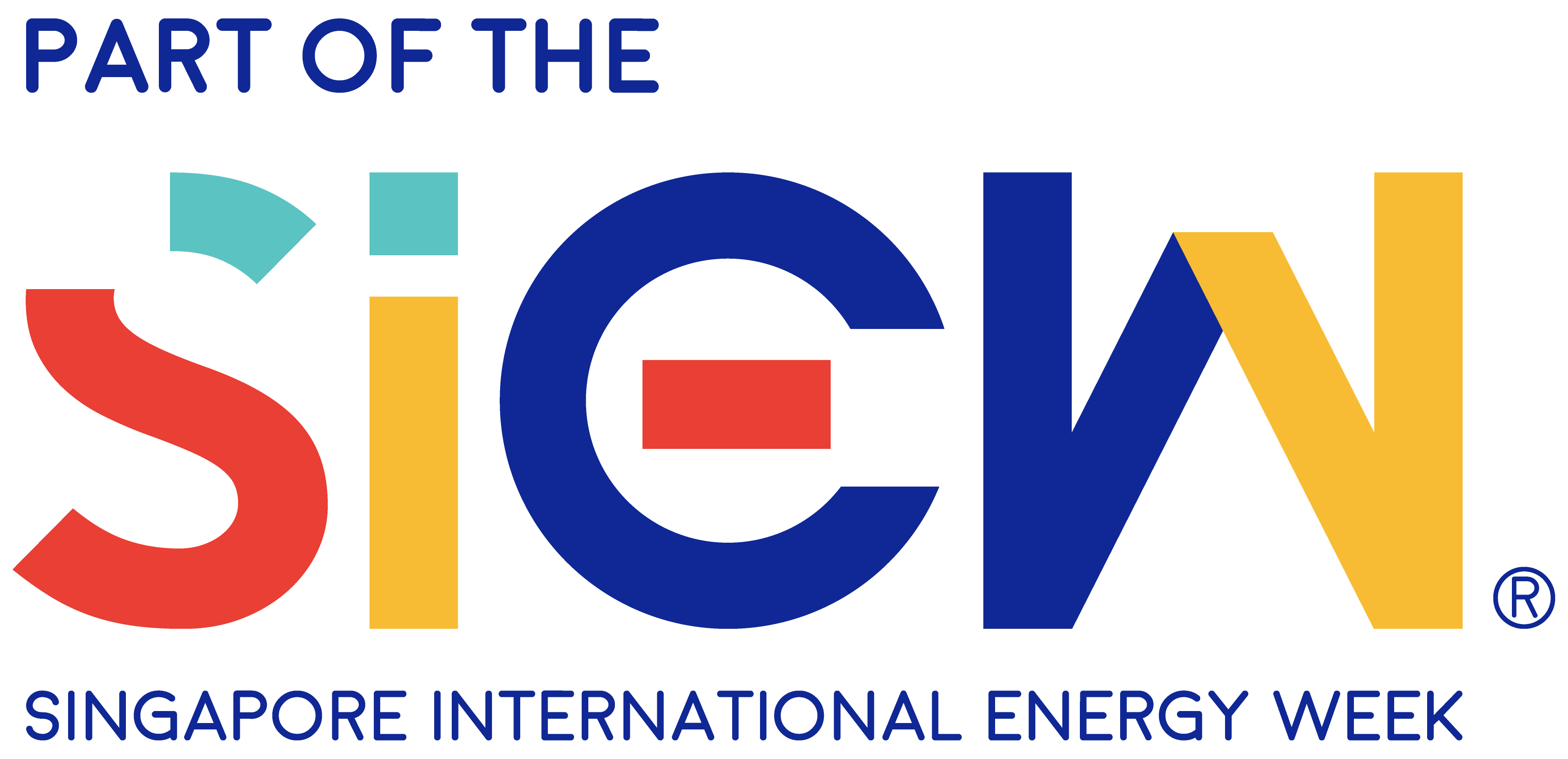
Refineries today operate in a landscape marked by unprecedented volatility in crude oil markets, driven by geopolitical instability, evolving feedstock profiles, and tightening environmental regulations. In this environment, traditional, siloed approaches to crude evaluation—relying on static assay libraries and manual spreadsheets—are inadequate. This paper presents a structured, fit-for-purpose crude evaluation framework that integrates techno-economic modeling, operational gap analysis, and scalable digital workflows to transform crude selection into a strategic, margin-enhancing capability.
The proposed framework is centered on three foundational pillars. First, integrated techno-economic assessments connect detailed crude assay data with real-time refinery economics, leveraging tools such as linear programming (LP), blend optimization, and compatibility modeling. This allows refiners to dynamically quantify the margin potential of each barrel based on product yields, emissions impacts, and logistics feasibility.
Second, gap analysis is employed to identify technical and financial mismatches between candidate crudes and refinery capabilities. By analyzing properties such as API gravity, sulfur content, Total Acid Number (TAN), and metals concentrations, refiners can flag operational risks and quantify margin leakage. These insights guide blending strategies, mitigate processing challenges, and support long-term investments in crude flexibility.
Third, the paper emphasizes the importance of scalable workflows for agile decision-making. By embedding cloud-based collaboration, automated assay ingestion, and template-based modeling into routine planning cycles, refineries can rapidly evaluate crude options across functional teams. Integrated alerts and decision triggers further enable real-time responsiveness to market dynamics.
Becht’s field implementations of this framework have demonstrated consistent margin uplift of $2–4 per barrel. Benefits include improved decision quality, enhanced operational reliability, and greater strategic insight through continuous performance tracking. By shifting from reactive to proactive decision-making, refiners can align crude selection with unit capabilities, optimize procurement under uncertainty, and maximize long-term profitability.
In conclusion, the ability to accurately and swiftly evaluate crudes is no longer a competitive advantage but a necessity. This paper provides a proven methodology for embedding analytical rigor and digital agility into the crude selection process, enabling refiners to unlock significant economic value in an increasingly complex market.
To learn more about capturing margins through timely and accurate crude evaluations, download the full white paper here.





